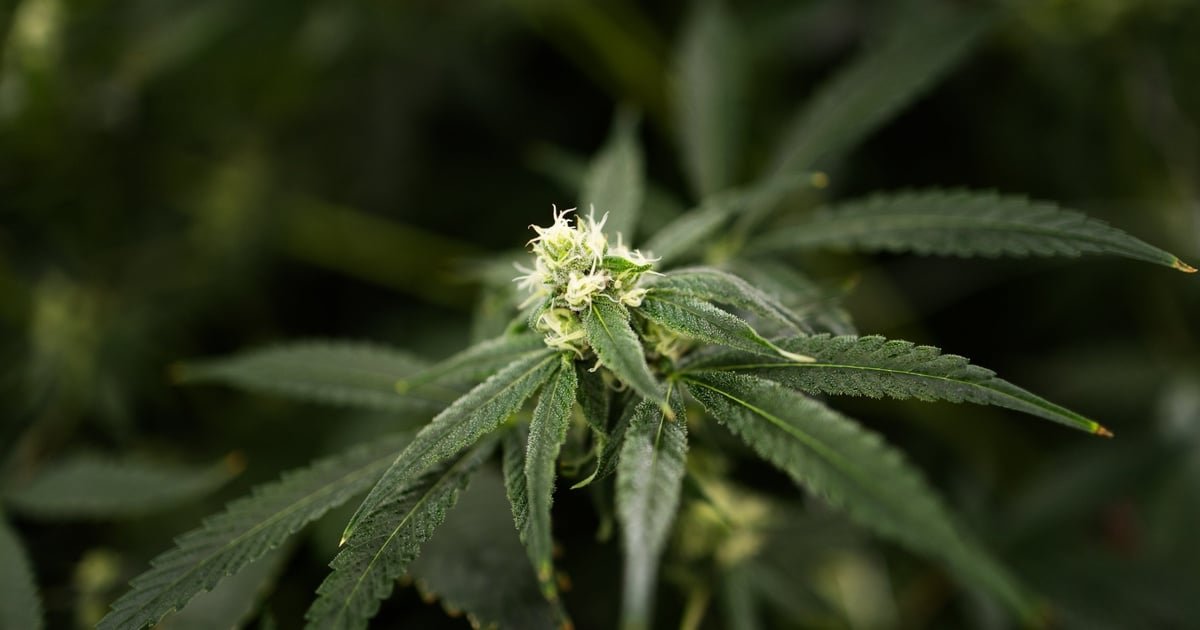The Texas Senate has passed a significant ban on all forms of tetrahydrocannabinol (THC), a move championed by Lt. Gov. Dan Patrick. This legislation aims to clamp down on the state’s booming consumable hemp market, which has grown rapidly over the past six years due to earlier legislative decisions. Senate Bill 3, described by Patrick as one of his “top five” bills in his 17 years in the Legislature, would prohibit products containing any THC, including popular items like gummies, beverages, vapes, and flower buds. These products are currently available at over 8,300 locations across Texas. Under existing law, hemp-derived products can contain less than 0.3% THC.
During the Senate debate, Patrick expressed grave concerns about the safety of these products, stating, “Kids are getting poisoned today.” He emphasized the urgency of the legislation, declaring at a morning news conference that the Legislature’s primary responsibility is to address life and death issues. Patrick was joined by law enforcement officials and family advocates who have witnessed the negative effects of legally marketed THC products. He asserted, “We’re going to ban your stores before we leave here, for good.”
The bill passed with a vote of 24 to 7, but not without opposition. State Sen. Sarah Eckhardt, a Democrat from Austin, argued that the legislation was excessive and would effectively eliminate the consumable hemp industry in Texas. She suggested that the issues surrounding low-THC product sales should be addressed with stronger regulations instead of an outright ban.
The Texas House has yet to take action on its own hemp proposal, House Bill 28. This bill aims to enforce stricter oversight and licensing requirements for the industry without completely banning THC. If passed, both chambers will need to reconcile their approaches before a final law can be established.
State Sen. Charles Perry, the primary author of SB 3, noted that both the Senate and House share similar philosophies and that there is still time to resolve any differences in policy. Patrick reinforced this sentiment, stating, “We’re all on the same page.” He also mentioned discussions with House Speaker Dustin Burrows and Governor Greg Abbott regarding the matter, emphasizing the need to protect Texans from THC products.
Patrick also issued a warning to retailers, suggesting they might want to “voluntarily close your doors” as investigations and potential lawsuits loom. He stated, “You know what you’re doing,” signaling a determination to enforce the ban rigorously.
The hemp industry has actively opposed a total ban on THC, advocating instead for “thoughtful regulations.” These could include age restrictions on THC sales, tamper-proof packaging requirements, and limitations on sales locations near schools. Mark Bordas, the executive director of the Texas Hemp Business Council, criticized lawmakers for confusing consumable hemp, which is legally defined as having a low THC concentration, with higher-potency marijuana. He argued for increased oversight to address the actions of bad actors in the market.




